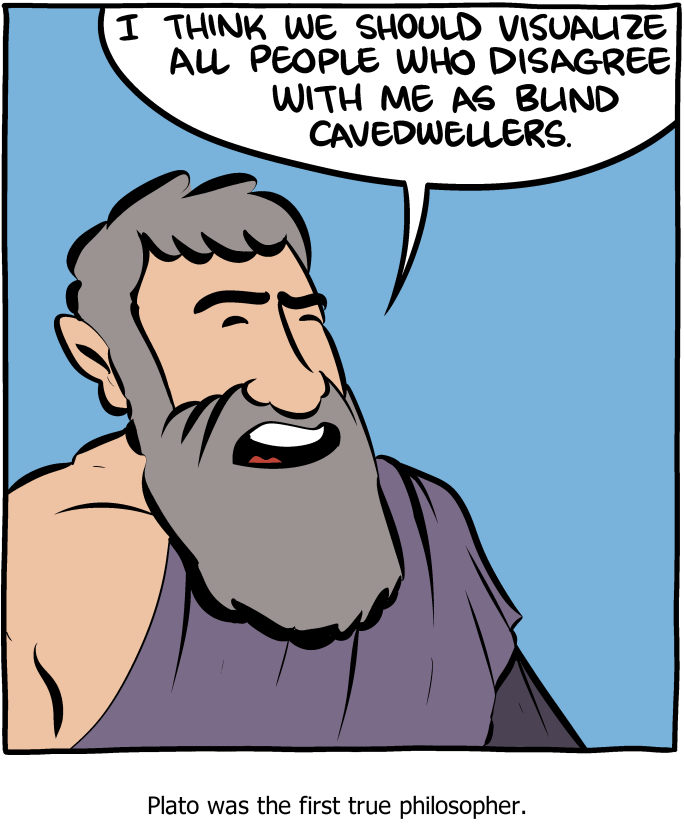After the fall of the Roman Empire in the fifth century, European Christendom followed as its successor. Without diving too deeply into the history of the takeover of Christianity in Europe, I am sure we are all aware of how the Church became the most powerful source of influence within Europe. The Church’s power came to control every aspect of public and private life, including what people should read.
In the shift between Roman and Church power, many rhetorical works were lost. Medieval Europeans were more familiar with Roman works than Greek works, creating a gap in knowledge that they could possess. Along with this, educated members of European society were suspicious of the Roman and Greek classics, which were associated with a pagan past.
Once the classic rhetorical works began to be found again, scholars would translate the work to present it to the public, creating a slow spread of emerging rhetoric in Christian Europe. However, later Medieval Scholars would only present components of work that they would deem “useful,” often meaning presentable to the Christian Church.
With these ideas in mind, I would like to pose a question: how can we be sure rhetoric is being represented appropriately in our society when it has gone through so many radical changes through the centuries of its existence?
Although the rhetorical writings of the Greek and Roman philosophers have been continuously translated and analyzed as technology has advanced, I find it still hard to truly define rhetoric based out of an Ancient Greek or Roman standpoint because it is a culture that got lost in the Medieval Ages. Although Christian Europe did eventually move forward to accept works, especially with the help of St. Augustine, many libraries and information of rhetorical works were lost before that time, creating a lack of knowledge of what once was.
Even though we no longer live within the Middle Ages, the feelings towards rhetorical actions in that era are still present in today's society. For example, letter writing is still a quality that is treasured today since it is seen as a professional work of art. But how can we find letter writing so important when the Roman and Greek rhetoric encouraged the voice? The lost texts and cultures from the eras before the Middle Ages has created a distinct lack of judgement in the area of rhetoric.
Rhetoric is an ever changing art, meaning it can be defined by more than one thought. However, I believe our society today would have a much more profound use for rhetoric if the Middle Ages had implemented the ideas that the Ancient Greeks and Romans had. Instead, their voices were removed, causing the creation of new forms of rhetoric while erasing the values of what once was true discourse.


